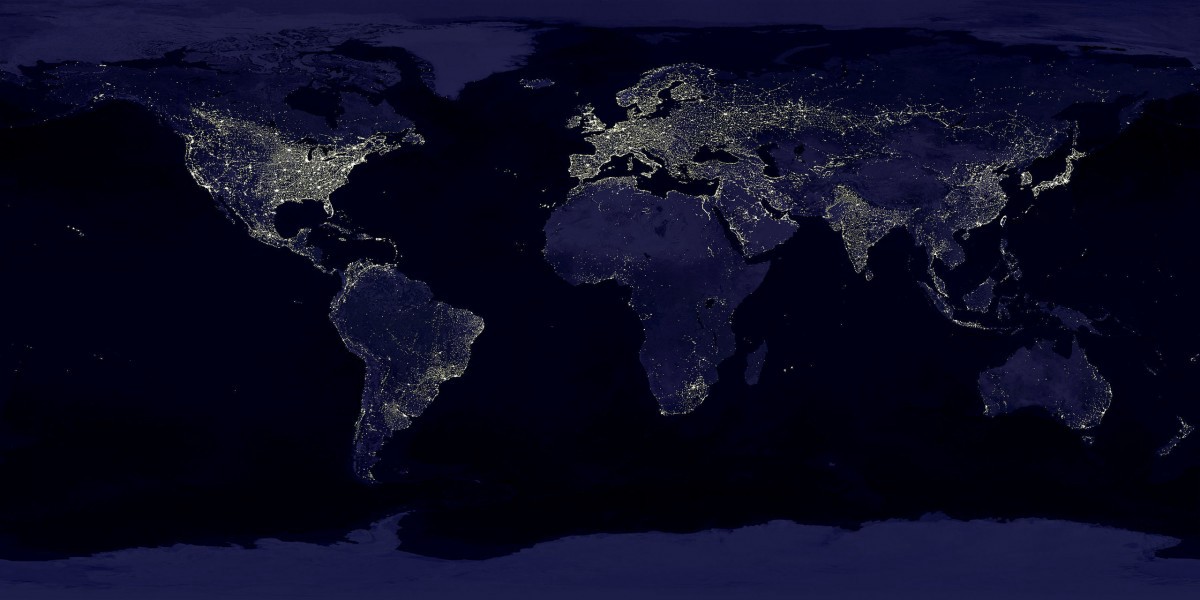Wikileaks Questions
As I have skimmed through the Wikileaks documents coming out of San’a and Riyadh I have been asking myself a number of different questions here are three (I promise some day I’ll get tired of posing questions in lieu of a real post, but not today):
1. What will Khalid bin Sultan think?
An open secret in recent years has been how much US intelligence agents and agencies have migrated towards Muhammad bin Nayyif in the Ministry of the Interior, building him up as the US’ No. 1 partner in Saudi Arabia. Not coincidentally, he is also AQAP’s No. 1 enemy. But with success comes critics and, in Saudi Arabia, jealous relatives. One of bin Nayyif’s major rivals in the Saudi royal family is Khalid bin Sultan, his counterpart in the Ministry of Defense.
There is a lot to this rivalry, much of which I won’t go into, but both are young (in Saudi years) ambitious princes who have been looking to make their mark in Yemen. Bin Nayyif v. AQAP and bin Sultan v. the Huthis. The bloody nose that bin Sultan got from the insurgents in late 2009 was made that much worse by the fact that bin Nayyif has been scoring success after success against AQAP. Also galling is the fact that Sultan the elder used to run the kingdom’s policy and now bin Nayyif has a major part of the portfolio.
Again, none of this was top-secret, but I wonder what bin Sultan thinks when faced with the black-and-white views of the Americans and, more importantly, what this will inspire him to do.
2. What will President Salih be forced to do?
Certainly President Salih’s remarks are not going to go down well in Yemen. As I mentioned in this piece by Michael Isikoff of MSNBC AQAP is going to use his comments for months to come. That shouldn’t surprise anyone. Just for the record, I don’t think we’ll be able to measure the fallout in days or weeks but rather months and years.
But still, what sort of public posturing will Salih have to engage in to walk back his private remarks that are now public? Already, one presidential adviser is on the record saying there is no situation in which Yemen would accept US troops and that Yemen is not Pakistan.
3. How much impact will the documents have?
I am certain, and a quick reading of some Yemeni Arabic news sites confirms, that people in Yemeni qat chews will be talking about the Wikileaks documents for days. Now, what Salih said about pretending US missiles were Yemen’s and whiskey probably won’t surprise too many people in elite circles in San’a, but we would be mistaken if we were to think this was the only constituency that matters.
The bigger question, for me, is how much impact these will have in tribal areas – not only Shabwa, Abyan and Marib but also al-Jawf, Sa’dah and Amran? As I mentioned above, AQAP will do its best to exploit these and future leaks (coming out Saturday, I have been told) but I think it is still an open question as to how successful they’ll be.
I don’t think this – at least what we’ve seen so far – will be the turning point that will force someone to join AQAP, pulling their jambiyya and saying: “I was against AQ, but now that I’ve read Wikileaks, I’m with them.”
Instead, I think it is dangerous because it fits so seamlessly with the rest of AQAP’s propaganda that A.) Yemen is under western military attack, B.) the government lies to you, and C.) the government is un-Islamic. And if AQAP is right about these things, then it is much easier to believe them about other things. This is just one more example of AQAP being right and the government being wrong.
But still the question remains, how much impact will it have? Tribesmen in Yemen have a lot to think about, this is one more thing. How important a thing, remains to be seen.




